In the face of barbarism, we won’t surrender our right to self-defence

George Orwell, the most clear-sighted political and moral writer of the 20th century, also faced fascism, telling his readers in 1942: “Pacifism is objectively pro-fascist. This is elementary common sense. If you harmed the war effort of one side you automatically help out that of the other.”

That was true of the Second World War, and it is true of Israel today. Three weeks after the Hamas attack that precipitated the present crisis, the voices that predicably criticise Israel in whatever situation it finds itself have alighted on a word, “ceasefire”.
The reasons they give for an immediate ceasefire vary, but they are equally spurious. Some say it is so the hostages can be released, as though Israel is the reason 200 men, women are children are being kept in captivity in Gaza. Others say it is so fuel and other supplies can enter Gaza, although there seems to be plenty of fuel to fire rockets into Israel and Hamas appears to be forcibly removing whatever supplies it can lay its hands on, while diverting their use from humanitarian needs and towards its own purposes.
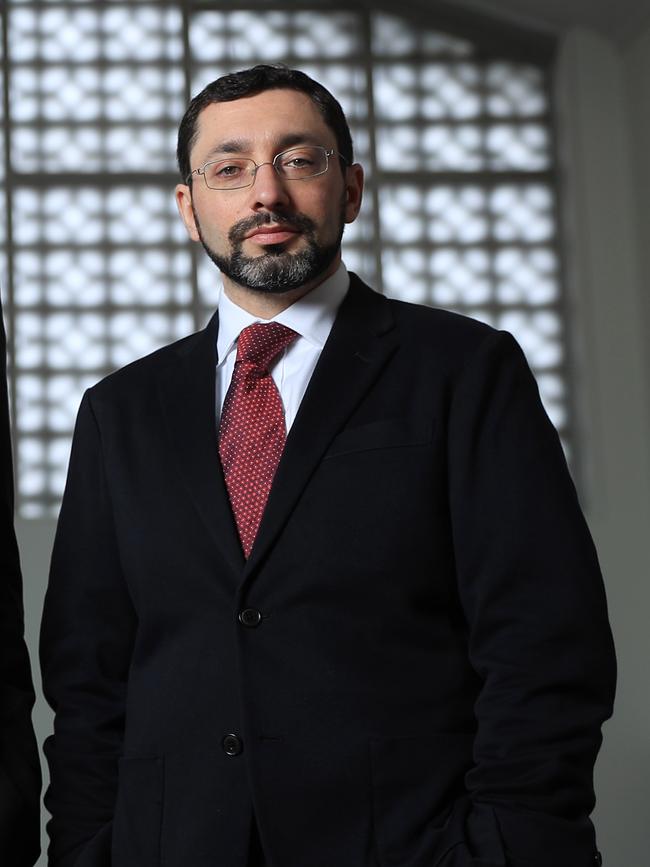
Whatever the pretexts being presented, we know what a ceasefire means in practice, which is Hamas can attack Israel, but Israel cannot respond. It is a call for pacifism, but in reality a one-sided pacifism, and we do not need Orwell to point out that is pro-fascist, pro-Hamas and, in truth, pro-violence.
That point was made with great force in the House of Lords in London last week by Lord Guglielmo Verdirame KC. Lord Verdirame is not only a leading silk, he is also professor of international law at Kings College London. And he made this powerful point: “Asking a state that is acting in self-defence to agree to a ceasefire before its lawful defensive objectives have been met is, in effect, asking that state to stop defending itself. For such calls to be reasonable and credible, they must be accompanied by a concrete proposal setting out how Israel’s legitimate defensive goals against Hamas will be met through other means.”
It seems to me Lord Verdirame is self-evidently correct, but of course Israel’s critics do not want Israel to achieve its legitimate defensive goals. Anyone who chants “from the river to the sea”, and is honest about it, does not want Israel to exist at all – with such people there can be no dialogue or meeting of minds.

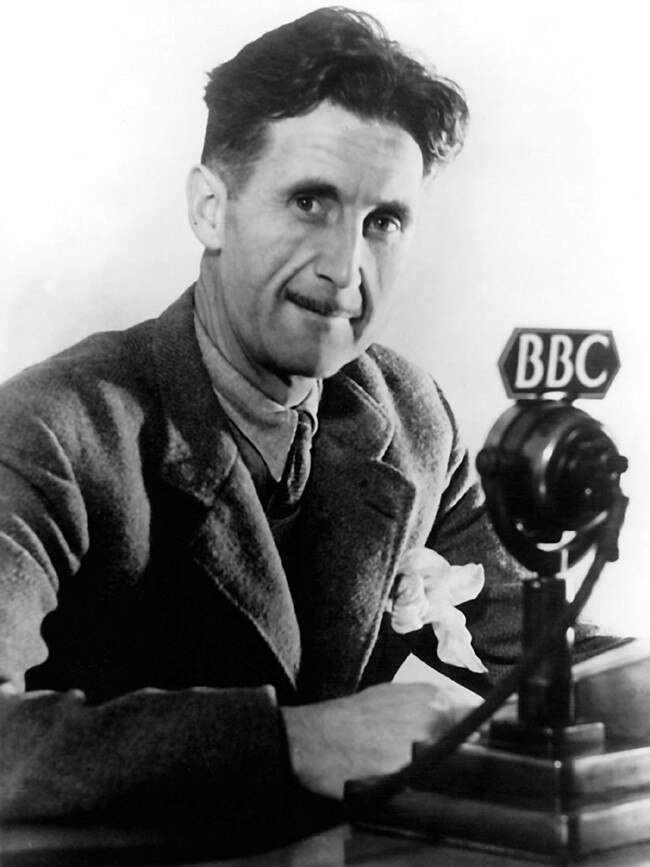
Mark Twain said: “You know your real friends when the chips are down.” That has become especially true over the past three weeks. The people who started criticising Israel within hours of the attack are the very same people still criticising Israel and calling for a ceasefire.
When opponents of Israel seize on the words of a released hostage, whose elderly husband is still in captivity, when it says Hamas treated her well, they are either delusional or disingenuous. By contrast, those people across the political spectrum, who know right from wrong and recognise an atrocity when they see one, have refused to condemn Israel; though they have maintained their position that Israel has the right to defend itself.
Let us not forget the atrocity is not over. For as long as there are still hostages in Gaza, Hamas is continuing to commit the most heinous war crimes against civilians. We should remember that when we hear calls for Israel to observe international law, because we do not hear the same demands made of Hamas.
That is for two reasons. First, because when those calls come from Israel’s opponents they do not arise from a good-faith interest in international law, but from the search for a stick to beat Israel with. Second, because everyone knows there’s no point asking Hamas to observe the laws of war, because Hamas has no interest in the laws governing armed conflict.
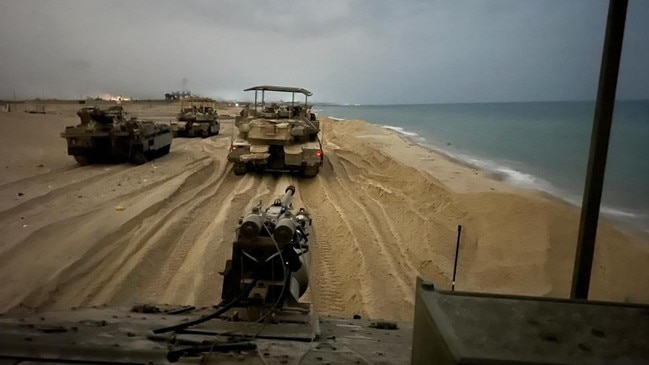
In their defence of Israel’s response, some have referred to the Allied bombing of Dresden during the Second World War but, with respect, I think that is the wrong analogy. Much more precise is the siege and capture of Berlin in 1945, but no one would argue that Berlin shouldn’t have been targeted and taken. Legitimate wars, lawfully prosecuted, almost always involve civilian casualties. We can and should regard them as tragedies.
That should shape our attitude towards the people suffering in Gaza. I do not know how many adults in Gaza are public or secret opponents of Hamas, but I do know there are a million children in Gaza. We have to be able to say at the same time that the suffering they are enduring is the responsibility of Hamas, and that is a heartbreaking tragedy we have to weep over. If there are ways to allow in more humanitarian aid that will go to the people who need it, they should be explored.

There are Jewish victims of Hamas and there are Palestinian victims of Hamas, and our compassion has to extend to them all. We can only hold on to the hope that when all this is over the people of Gaza, as well as the people of Israel, will stand a better chance of living safe and happy lives.
We continue to hope for an end to this conflict, but on the basis of peace and security for all, for the protection of all civilians, and for the release of all hostages. We will not be emotionally blackmailed by calls for a ceasefire, which is code for terrorism with impunity. No one with any human feeling delights in violence or in the suffering of civilians, but we have to hold on to what we know to be right and let that direct our actions.
That is what Orwell and Bonhoeffer understood 80 years ago, what Lord Verdirame has expressed so clearly and it is what all fair-minded people have to keep in their sights today and in the weeks to come.
Rabbi Benjamin Elton is chief minister of the Great Synagogue, Sydney.


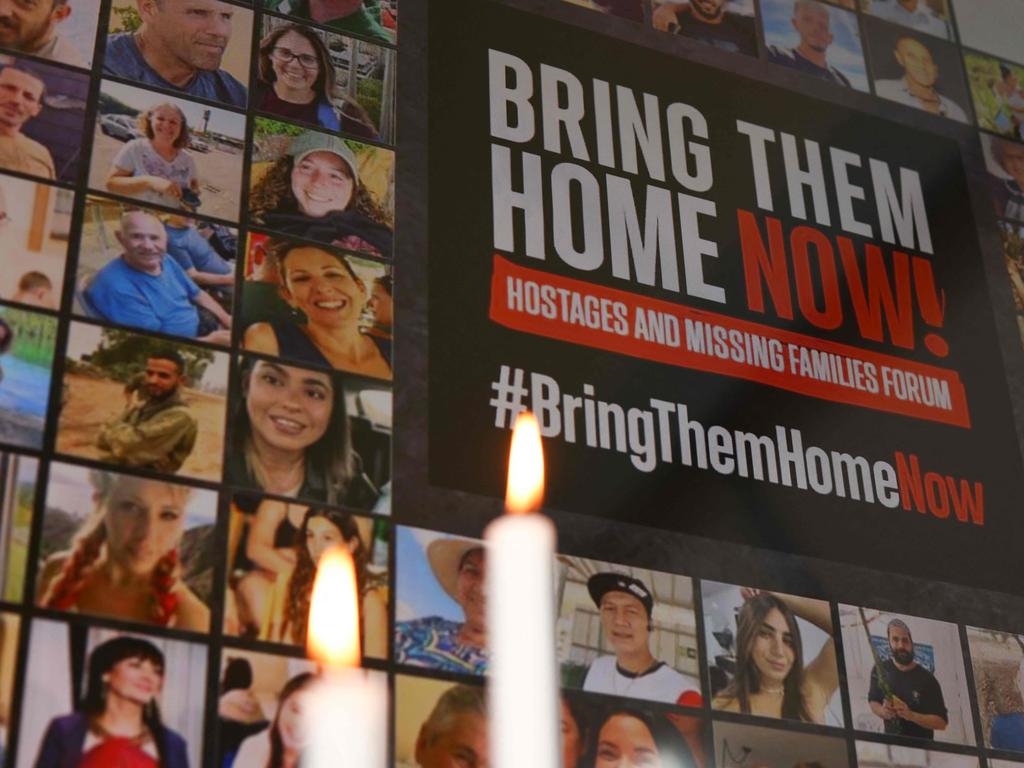
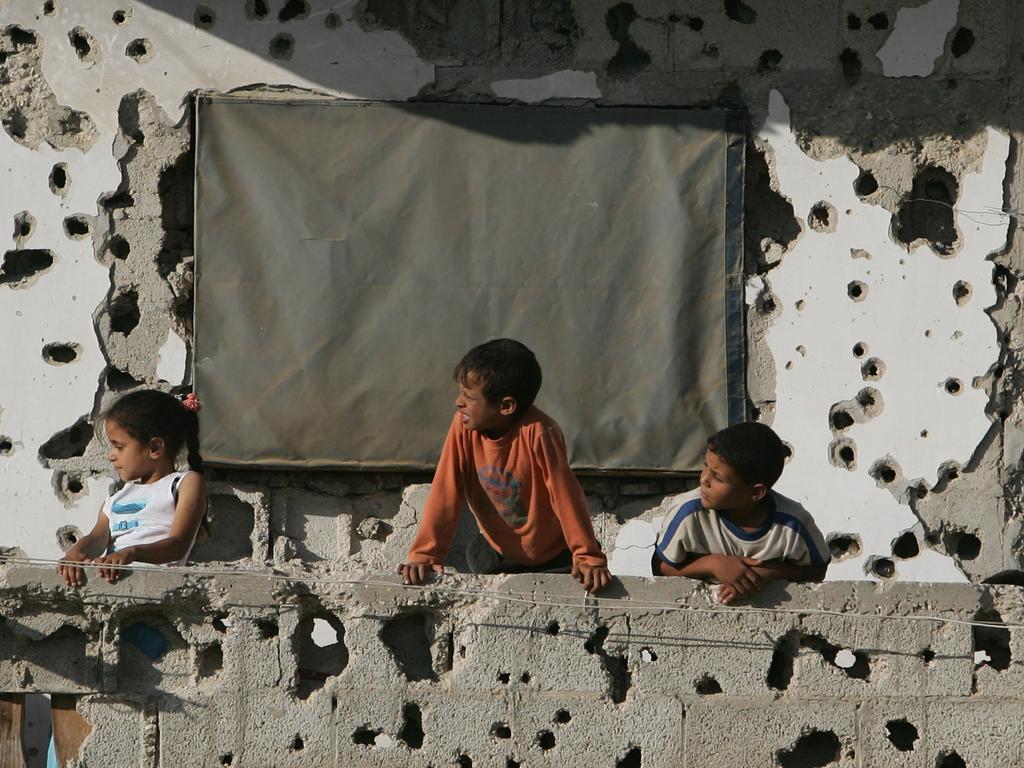

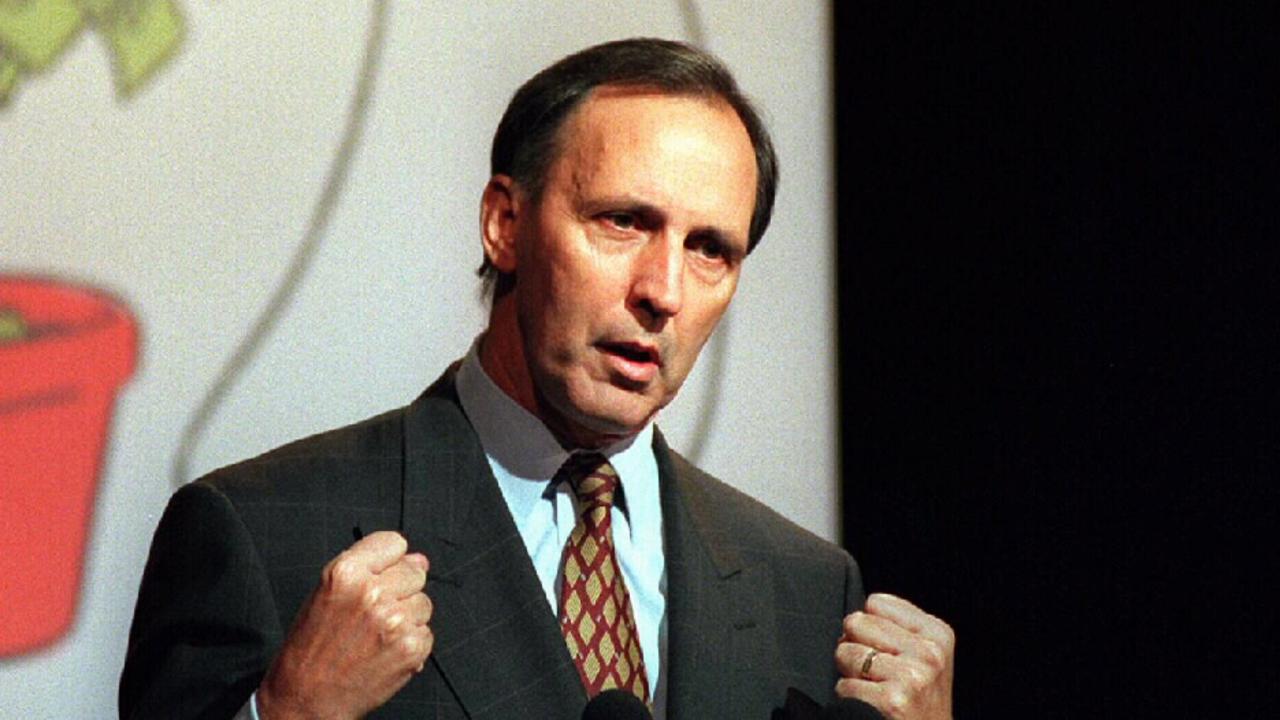
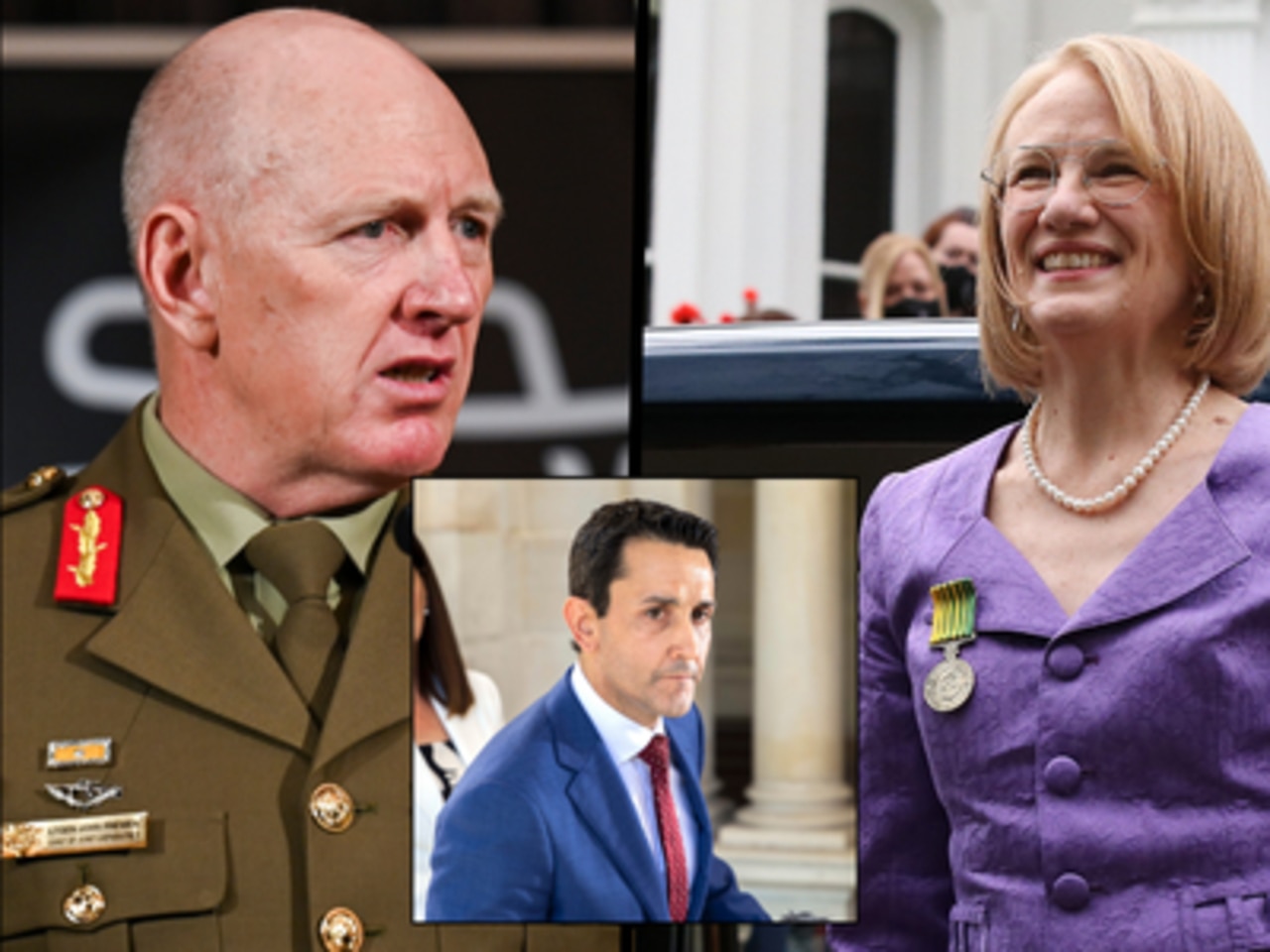
Dietrich Bonhoeffer stood against the Nazis until they murdered him in 1945. He told posterity: “Silence in the face of evil is itself evil: God will not hold us guiltless. Not to speak is to speak. Not to act is to act.” Now is the time for those who can act to act, and for those who can speak to speak.